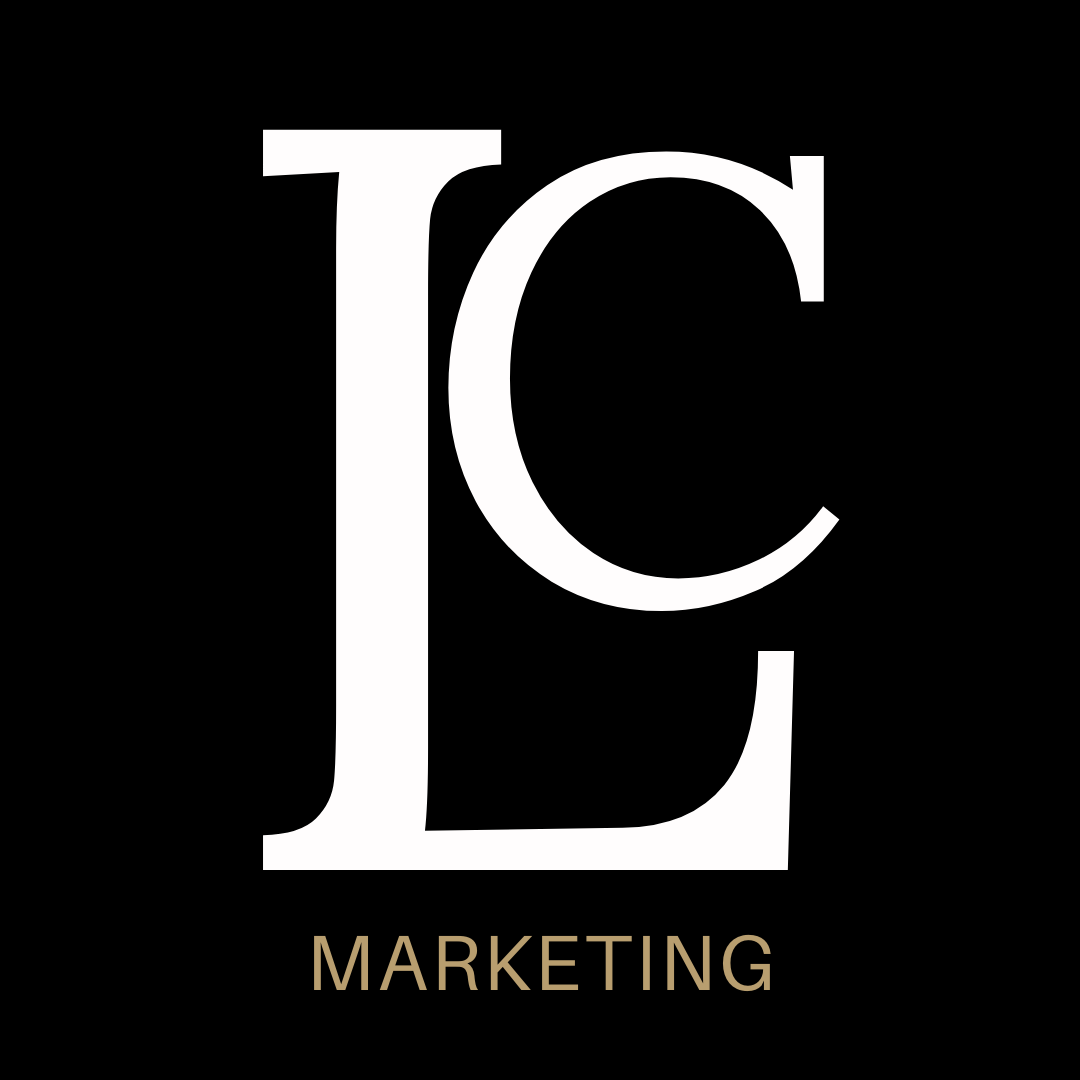It all started back in January 2021 with what we thought was going to be the full roll out. However it seems the roll out is now coming in three parts. Part two happened on Monday 26th April 2021, Apple released the iOS 14.5 update and users began to update their devices. The result was more users being exposed to prompts like this one asking if they would like to be tracked across apps and websites…

I get it, you are probably going to hit the button that stops you from being tracked right? WRONG Did you know that you will still be shown the same amount of adverts on social media regardless of whether you opt in or out? So what’s the benefit of opting in?
Well in a nutshell if you opt in it just means that the ads you will be shown will be tailored to your preferences. So if you are into shoes and clothes that’s what you’ll see ads for. However if you opt out Facebook won’t know what sort of things you are into so it will show you random ads and hope that you like them. So your newsfeed could end up being filled with Ads for stuff you have no interest in – that won’t make your scrolling much fun will it?
So that’s what it looks like from a users perspective but what about as an advertiser? Realistically, we know that there is going to be a negative impact to targeting, reporting, and
optimisation, at least in the short-term. GUTTED. Don’t worry though all is not lost, everyone is going through this, you are not alone. In the short term these are some of the effects you MIGHT see.
TARGETING AUDIENCES SHRINK
You may have seen a message like this one in your Resource Centre tab in Ads Manager, letting you know that your audiences are shrinking…
I’m seeing this message. It makes sense that audiences — particularly website and app engagement custom audiences — would shrink. If users opt not to be tracked, their activity from their iOS device will no longer be used in these audiences.
Of course, the question is how much these audiences have decreased. The message above isn’t particularly helpful. When I click the button to “Review Ad Sets,” it directs me to my active ad sets. All of them. I have no idea which audiences are shrinking, by how much, and if it’s even a problem. Honestly, this feels like a universal prompt that’s being sent, rather than an actionable, helpful alert.
REPORTING IS IMPACTED
This is a big one that people need to understand. The default attribution window is now 7-day click, removing the 1-day view window (it can be changed, but it’s 7-day click by default).
If some of your conversions of the past have happened outside of the 7-day click window, you’ll no longer see these (of course, this changed by default in January). But if you also get 1-day view conversions, those, too, will go away (by default). That will lead to fewer reported conversions. You may have also noticed a [1] or [2] in your results column next to the reported number (1 for app
ads and 2 for website conversions). If you dig a bit, Facebook tells you that these numbers may not include people who have opted out of tracking.
How much is reporting impacted? We don’t really know. For one, it doesn’t appear as though Aggregated Event Measurement is even active at the moment. If it were, I assume we’d see some helpful data here…
AGGREGATED EVENT MEASUREMENT
We’re still waiting on Facebook to activate Aggregated Event Measurement. Or, more accurately, we seem to be waiting on Apple.
Aggregated Event Measurement is the system Facebook is implementing to handle conversion reporting for those who opt-out of tracking. It involves an 8-event limit per domain. Advertisers can only optimise ad sets for conversion events within those eight. And for users who opt-out of tracking, Facebook will receive only the highest ranking event from a given visit (and delayed up to 72 hours).
But, as I said, this doesn’t seem to be fully live yet. Maybe there are some elements of reporting that are live. But as of this moment, I can continue to run ad sets that are optimised for events that fall outside of my eight configured events. I still get this message…
Note this says “once Apple starts enforcing their iOS 14 policies.” Facebook, it appears, doesn’t control when this starts. So, for now, we wait. In the meantime, feel free to optimise for any of your conversion events. Just know that ad sets optimised for events outside of your configured eight events will be paused once this finally goes live.
COMPARING CONVERSION WINDOWS
We’ve known for some time that 28-day attribution windows would be going away, and that you wouldn’t even be able to pull data on these windows once the update went live. What we didn’t know, however, is that the ability to compare conversion windows — even those that remain active — would be disappearing.
Previously, this feature was found when customising columns. It’s unclear why this would go away for even the active windows. While it’s possible this will come back, my hunch is that the big issue is the up-to-72-hour delay on reporting for iOS 14 users who opt-out of tracking. Do those conversions fall under a 1-day click window or 7-day click window? It’s entirely reasonable to assume that Facebook won’t know.
Finally
I spoke to Facebook last week and they told me that there is one more roll out to come from Apple in the summer. They didn’t have a specific date but after this point they are hoping everything will settle down. So hang in there and make sure you have
Verified your domain/s
Set up your 8 Aggregated Events
Installed CAPI on your website
Make use of email lists to create audiences where you can Keep nurturing those audiences you already have
